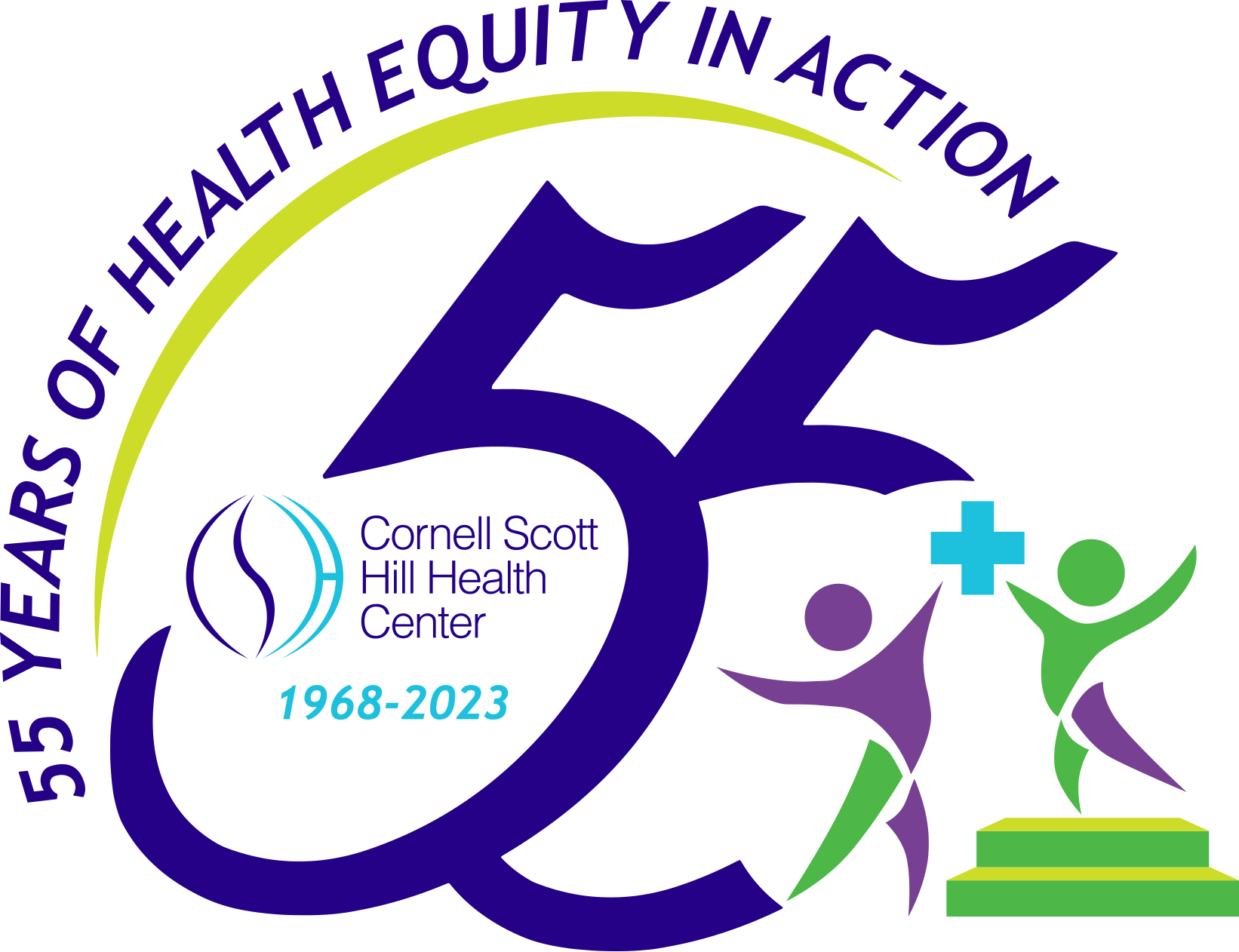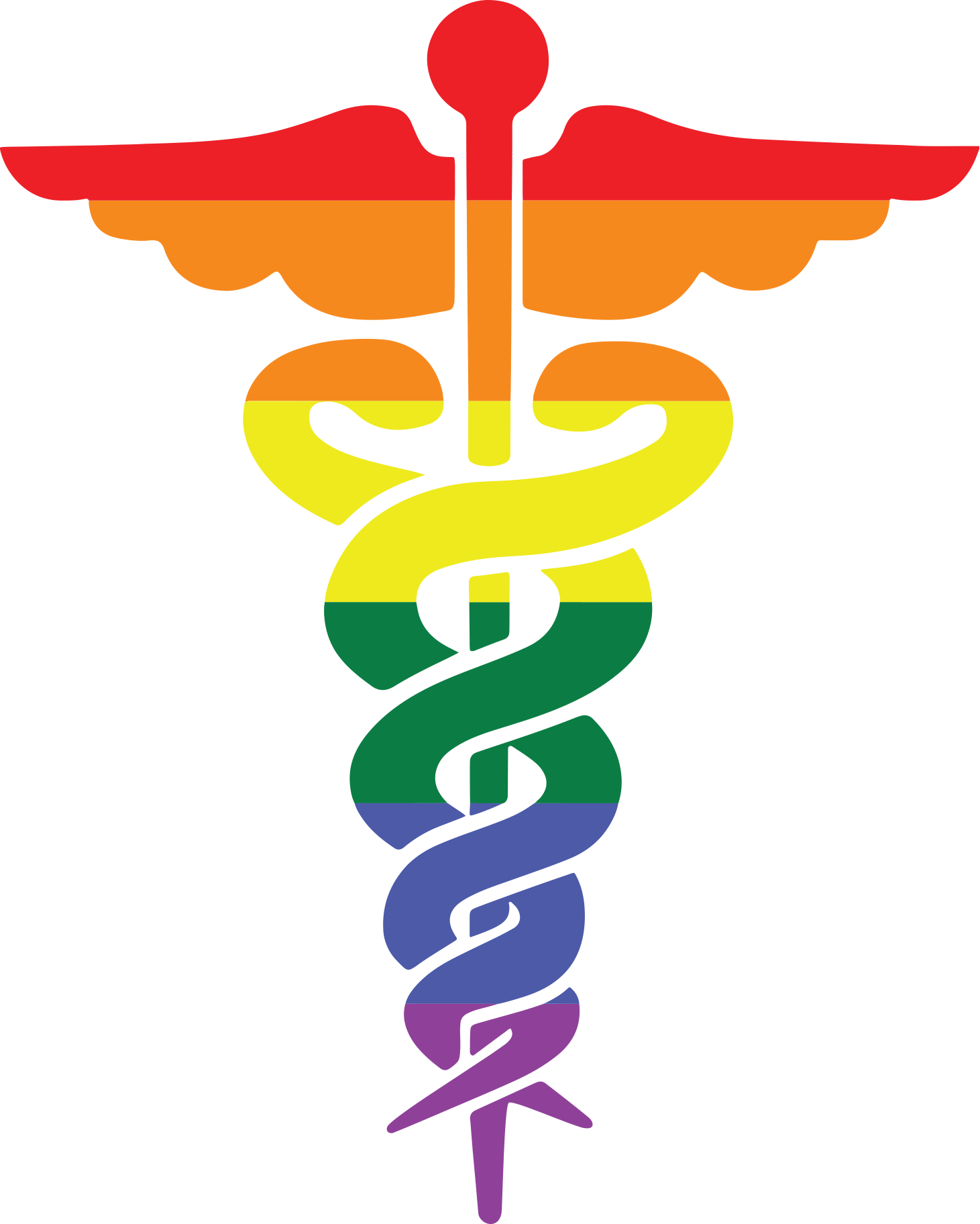Dental Care
Monkeypox
Monkeypox is a rare disease that is caused when a person is infected by the monkeypox virus. The monkeypox virus is from the same family as smallpox but not related to chickenpox. As of June of 2022 there has been a significant increase in cases.
Symptoms of Monkeypox
Symptoms of monkeypox are similar to those of other common viruses like the flu and may include:
Fever
Chills
Aches in muscles or back
Headaches
Extreme tiredness/exhaustion
Swollen lymph nodes
Sore throat, congestion, or cough
Rash
The monkeypox rash can appear anywhere, including in places like the genitals (private parts) as well as other areas like the hands, feet, or mouth. The rash may look like pimples or blisters that may be painful or itchy. Some people who get monkeypox will get only the rash, others may experience rash and some of the other symptoms above.
How Monkeypox Spreads
The monkeypox virus can spread from person to person through close contact with an infected person. Usually this includes direct skin-to-skin contact with rash, scabs or bodily fluids. Monkeypox may spread from prolonged face to face contact or during intimate contact including kissing or sex. It can also be spread through contact with objects (such as towels or linens) that an infected person has touched. The virus can also be spread from a pregnant person to their fetus.
A person with monkeypox can spread it from the time symptoms start until the rash and scabs have fully healed and a new layer of skin has formed, which is usually 2-4 weeks. Symptoms start within 3 weeks of being exposed to the virus.
Keeping Yourself Safe From Monkeypox
There are several steps you can take to keep yourself and loved ones safe and prevent catching monkeypox. These include:
Wash your hands often using soap and water, or using hand sanitizer. This is especially important before eating and after using the bathroom.
Avoid close contact and sex with people who have a rash that looks like monkeypox or with people who have been exposed to monkeypox.
Avoid touching objects that a person with monkeypox has used.
People who are at a high risk of getting monkeypox include:
Someone who has had contact with someone with a confirmed monkeypox infection.
People who have multiple sex partners or who have anonymous sex.
If you are at high risk for monkeypox, get a vaccine. The monkeypox vaccine is available through the Infectious Diseases department. Please call 203-503-3146.
What To Do If You Think You Have Monkeypox
If you have a strange rash or other symptoms of monkeypox, be sure to call your healthcare provider right away to request testing. Stay isolated at home, and disinfect your home regularly. Avoid all physical contact and wear a mask in shared spaces.
For full disinfection and isolation information, and for more information on monkeypox, visit the
Center for Disease Control’s website.
Frequently Asked Questions
We are part of your community and are ready to help you! See below some of the frequently asked questions we get. If you can not find the answer to you question here, please call us at 203-503-3000.
-
Who can visit us?
Anyone and everyone. No matter who you are, you can seek help for your healthcare needs with us.
-
How do I make an appointment?
Call the main number 203-503-3000 or visit one of our locations.
-
Is Cornell Scott-Hill Health Center a free clinic?
No, we are not a free clinic. We provide healthcare services for a fee. However, because we are a Federally Qualified Health Center, we are able to offer reduced rates to people without insurance as long as they qualify based on income and family size.
-
How much do your services cost?
Costs will vary based on your specific situation. We accept all insurance including Medicare, Medicaid (Title 19), HUSKY, Charter Oak, and most commercial insurance plans. For anyone without health insurance, we offer services on a sliding-fee scale, which means you pay only what you can. We also can provide assistance with access to State support and services.
-
How can I give feedback about my experience here?
You may fill out a comment card located in the reception area or right on this website each service can be rated.
-
How can I obtain my medical records?
Release of information requests are processed by Ramona Fain and Francheska Cantey. Francheska handles all patients that falls between A-M and Ramona N-Z. Ramona can be reached at 203-503-3140 and Francheska at 203-503-3236.
-
How can I know if the center is delayed or closed due to severe weather?
Our 24/7 facilities, SCRC and Grant Street Partnership, will remain open during severe weather. To find out if there are delays or closings at any of our other sites go to:
Channel 3: WFSB Early Warning Network - www.wfsb.com
Call: 203-503-3196
Visit our site at: www.cornellscott.org
Recent CSHHC News and Events
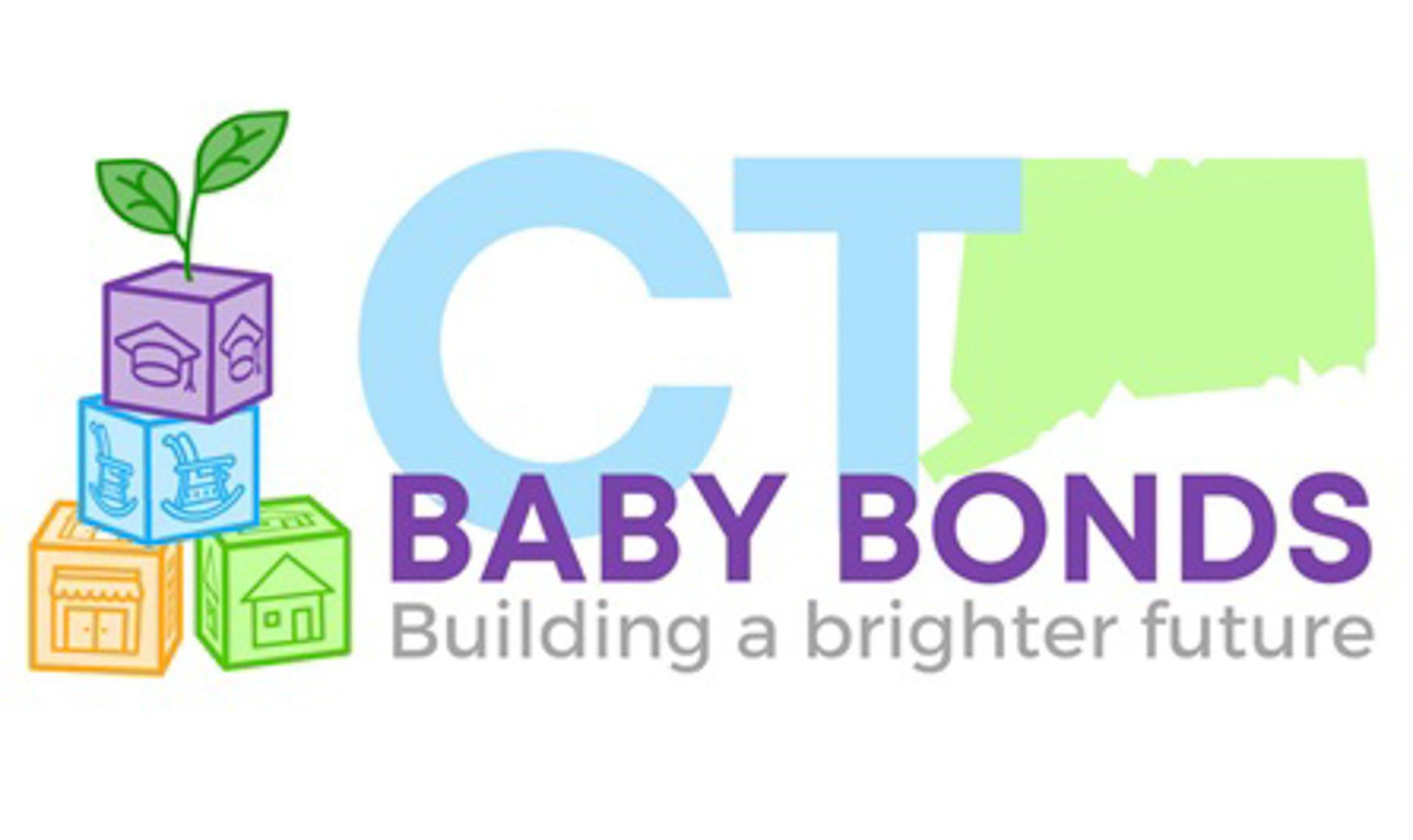


Leave Us a Review
Choose the location you visited and leave us your thoughts on Google.
For Patients
For Information
Contact Us
To book an appointment or for more information about our services, staff and locations:
Call: 203-503-3000
For clinical concerns after hours, please call 203-503-3000. Our answering service will direct your call.
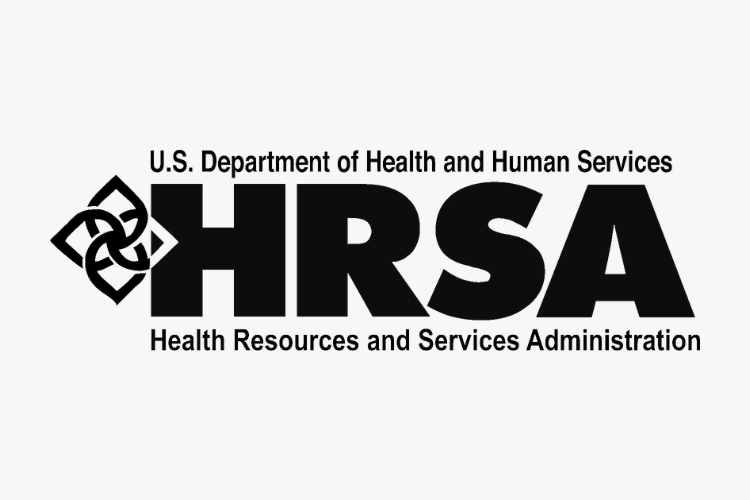
HRSA
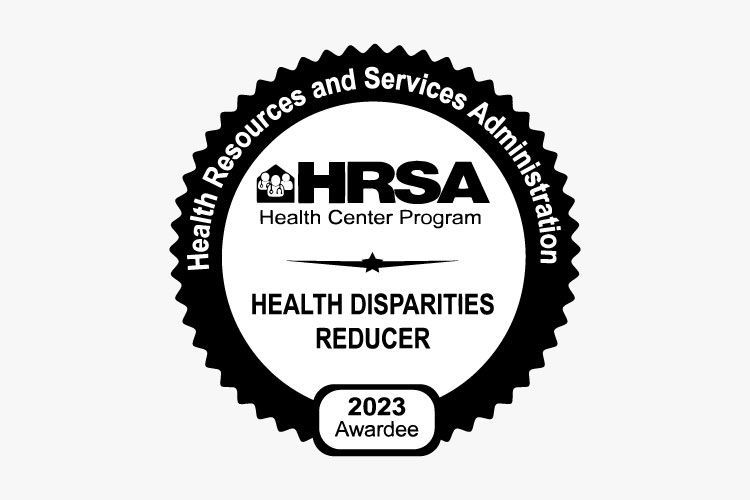
Beautiful Woman
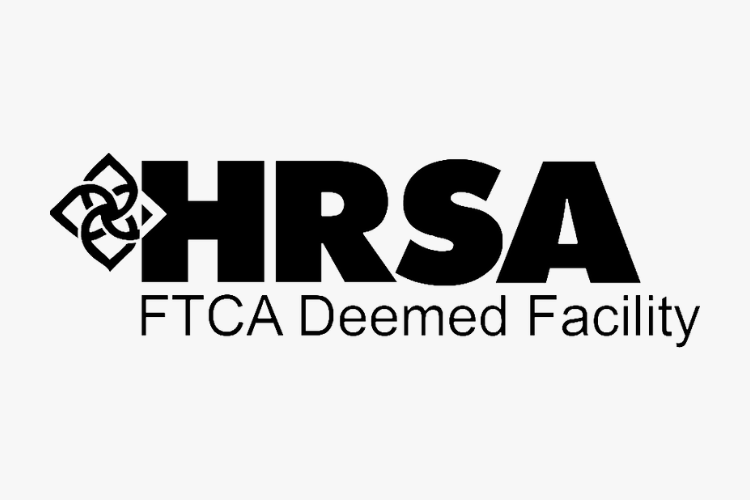
FTCA
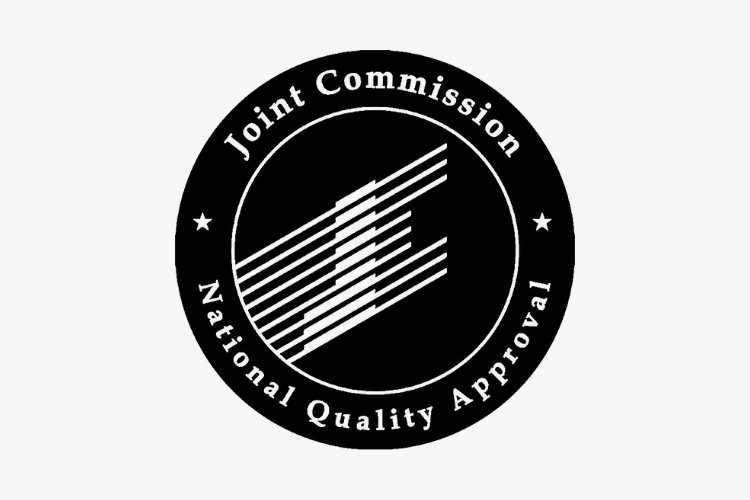
Joint Commission
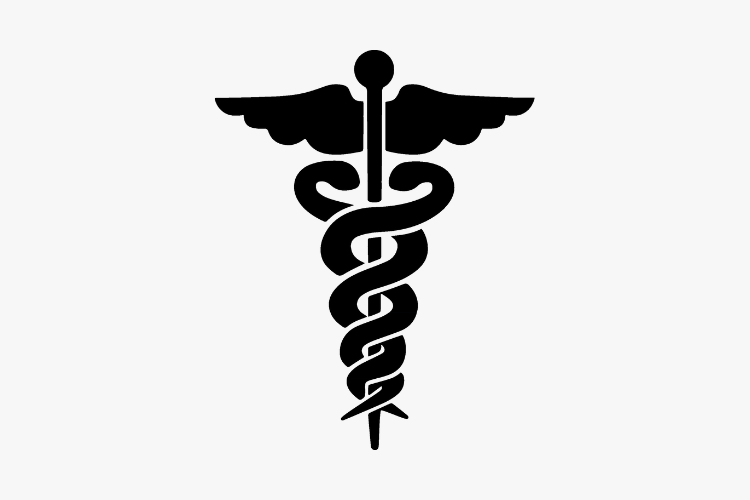
Caduceus
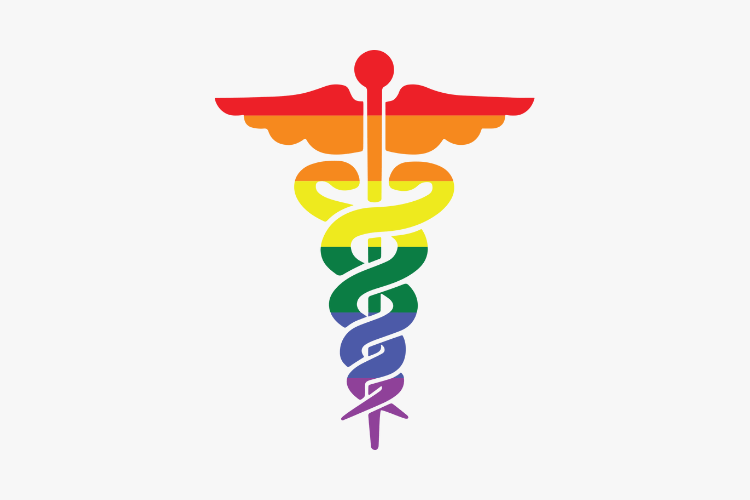
LGBT

HRSA

FTCA

Joint Commission

Caduceus


